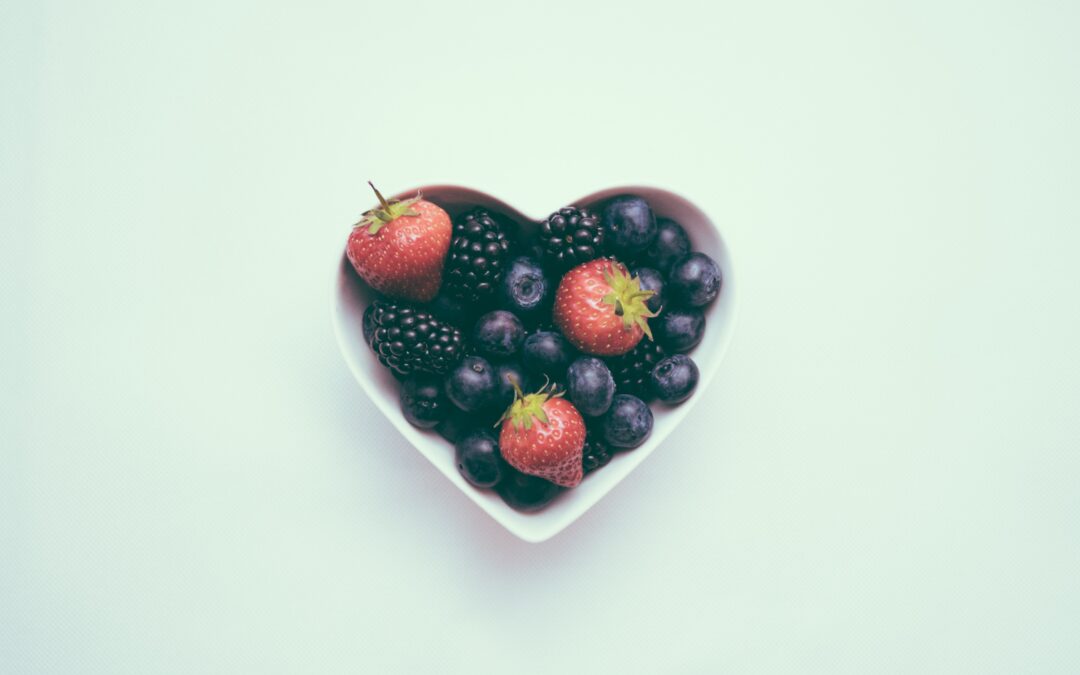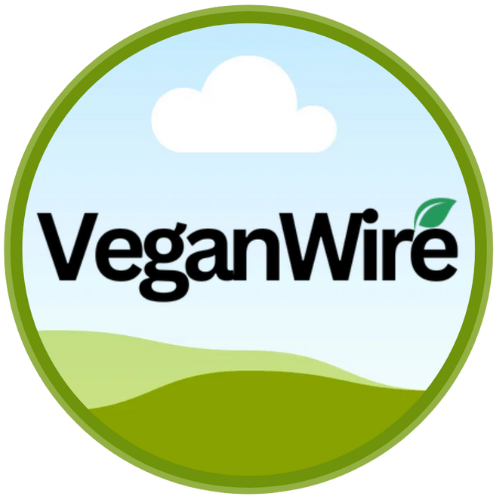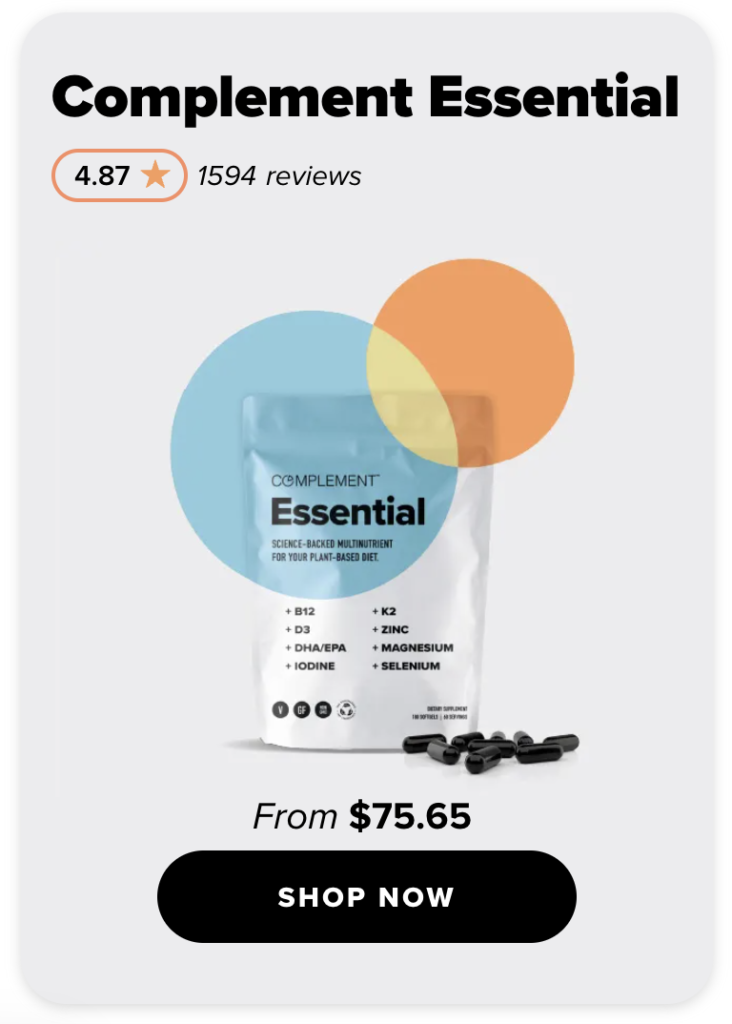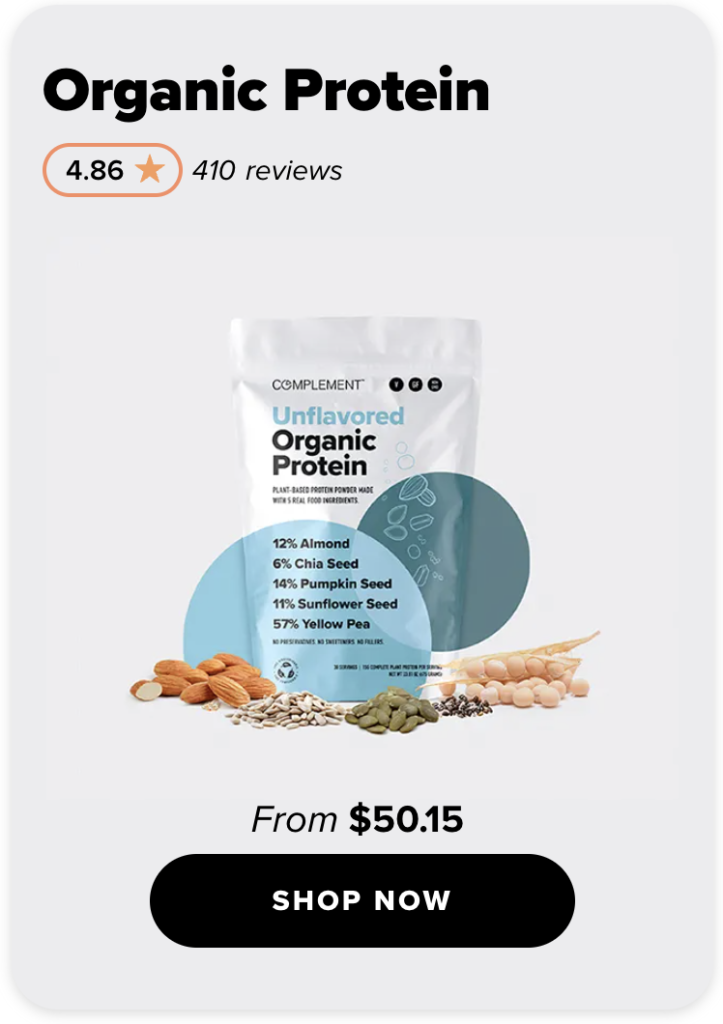As the world becomes increasingly health-conscious, more and more people are turning to plant-based diets for their numerous health benefits. However, for many, the transition to a vegan diet can be difficult, and one of the biggest challenges is cutting out junk food. In this blog post, we will explore the reasons why it is important to get serious about whole foods as a vegan, and provide tips on how to make the transition.
The Importance of Whole Foods
A whole food diet is one that is based on unprocessed, unrefined foods that are as close to their natural state as possible. This includes fruits, vegetables, whole grains, legumes, nuts, and seeds. Whole foods are rich in essential nutrients, vitamins, and minerals, and are essential for maintaining good health.
On the other hand, a diet based on processed, refined foods, often referred to as junk food, is associated with a range of health problems, including obesity, heart disease, and diabetes (1). Unfortunately, many people who adopt a vegan diet continue to consume a significant amount of processed and refined foods, which can negate the health benefits of a plant-based diet.
Why Junk Food Can Be A Problem for Vegans
Many vegans turn to processed and refined foods as a way to replace animal products in their diet. For example, vegan processed foods such as vegan burgers, sausages, and cheese are often high in sodium, saturated fats, and added sugars (2). Additionally, many vegan junk food options, such as vegan ice cream, cookies, and chips, are high in calories and low in nutrients.
It is also worth noting that many vegans might not realize that the vegan label on a food product does not necessarily mean that it is healthy. Vegan processed foods can be just as unhealthy as non-vegan processed foods.
How to Transition to Whole Foods
Making the transition to a whole food diet can be challenging, but it is definitely worth it for the numerous health benefits. Here are some tips to help you make the transition:
- Plan ahead: Planning your meals in advance can help you avoid impulse buys and ensure that you have healthy options on hand.
- Shop the perimeter: Most whole foods are found around the perimeter of the grocery store, so make sure to spend most of your time there.
- Learn to cook: Cooking your own meals from whole foods is one of the best ways to ensure that you are getting a healthy, balanced diet.
- Gradually reduce processed foods: Instead of cutting out processed foods all at once, try reducing them gradually to give your taste buds time to adjust.
- Find healthy replacements: Experiment with whole food replacements for your favourite processed foods. For example, try making your own granola bars or veggie burgers instead of buying them pre-made.
- Focus on nutrient-dense foods: Whole foods like leafy greens, berries, nuts, and seeds are packed with nutrients and are great choices for a healthy vegan diet.
Conclusion
Adopting a whole food diet is essential for maintaining good health as a vegan. Processed and refined foods, often referred to as junk food, can be a problem for vegans as they can negate the health benefits of a plant-based diet. By planning ahead, shopping the perimeter, cooking your own meals, gradually reducing processed foods, finding healthy replacements, and focusing on nutrient-dense foods, you can make the transition to a whole food diet and enjoy all the health benefits that it has to offer.
References
- The National Center for Biotechnology Information. (2018). The health benefits of a whole food diet. https://www.ncbi.nlm.nih.gov/pmc/articles/PMC5842442/
- The Physicians Committee for Responsible Medicine. (2021). The truth about vegan junk food. https://www.pcrm.org/good-nutrition/nutrition-information/the-truth-about-vegan-junk-food







